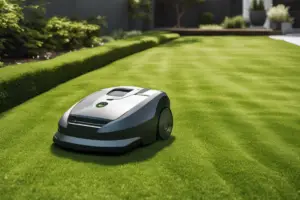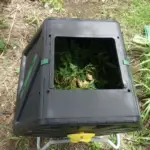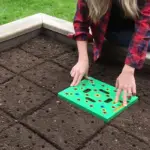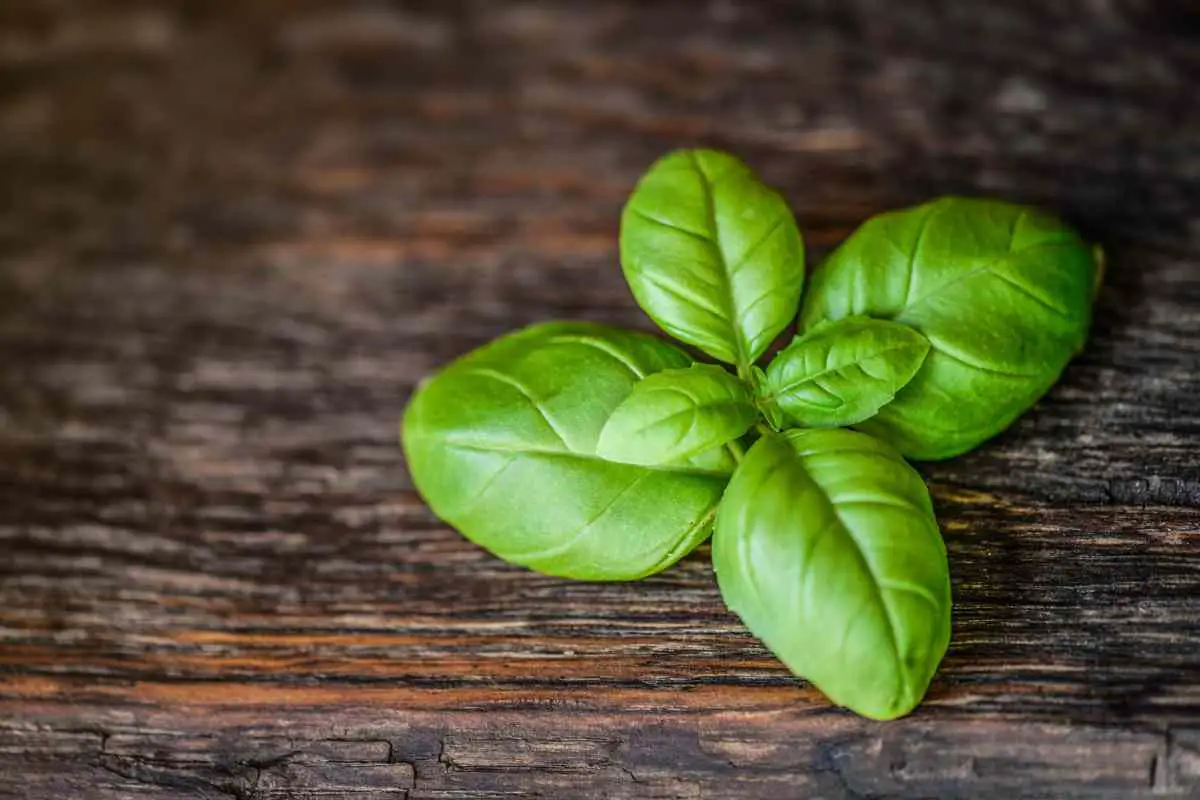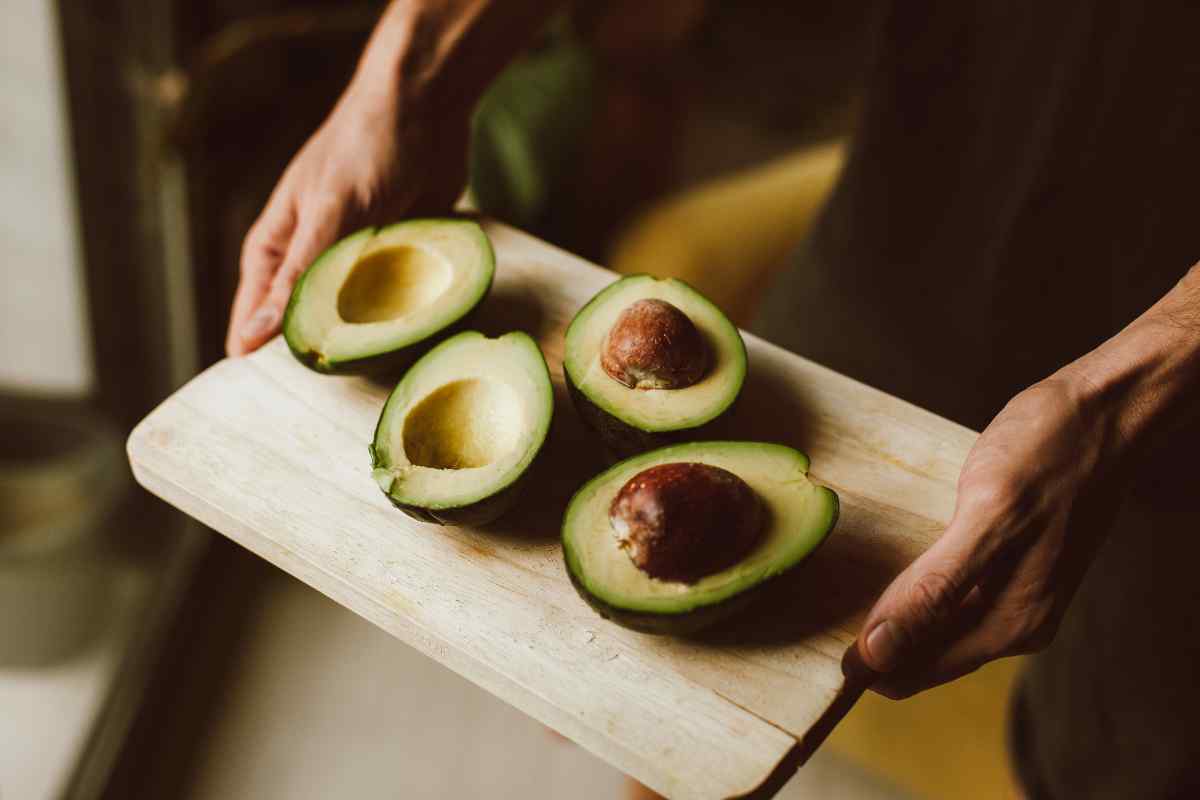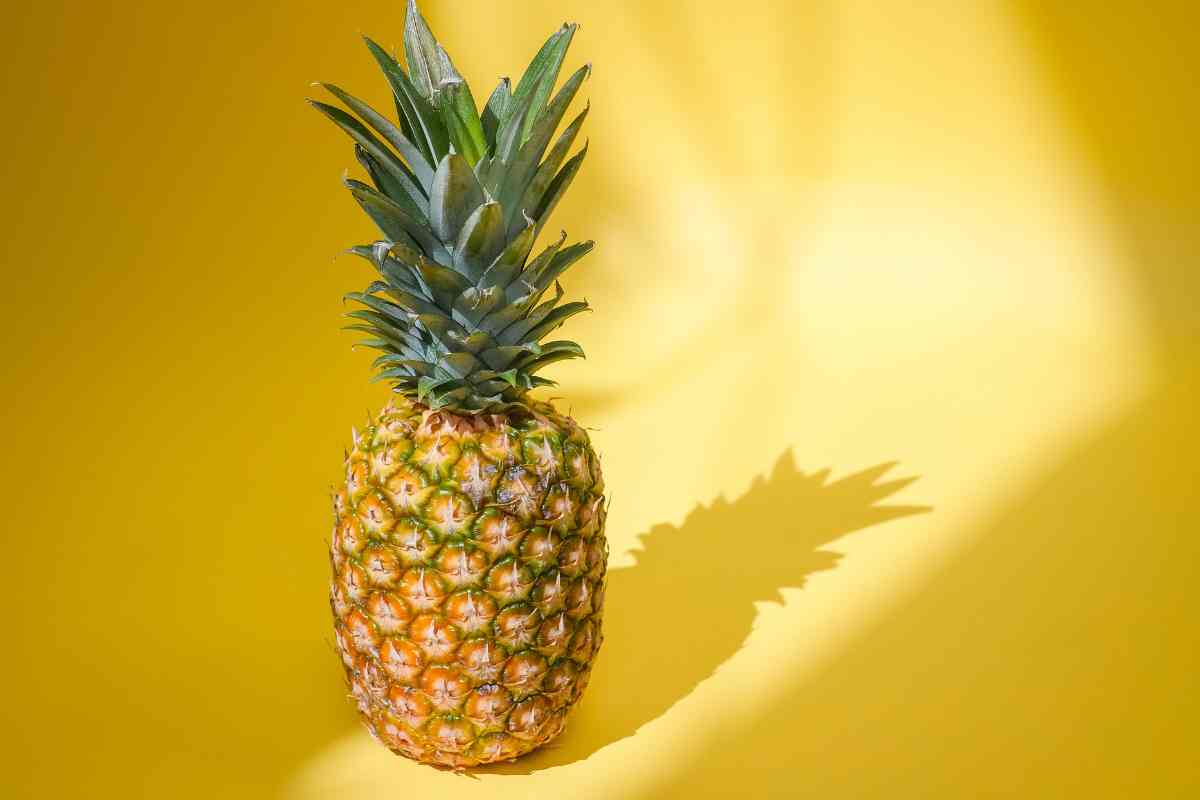Composting is a fantastic way to recycle organic waste and produce nutrient-rich soil for your garden.
However, not everything should be added to your compost pile. Certain materials can harm the composting process, attract pests, or even contaminate the resulting soil.
In this article, we will explore what not to add to compost and why.
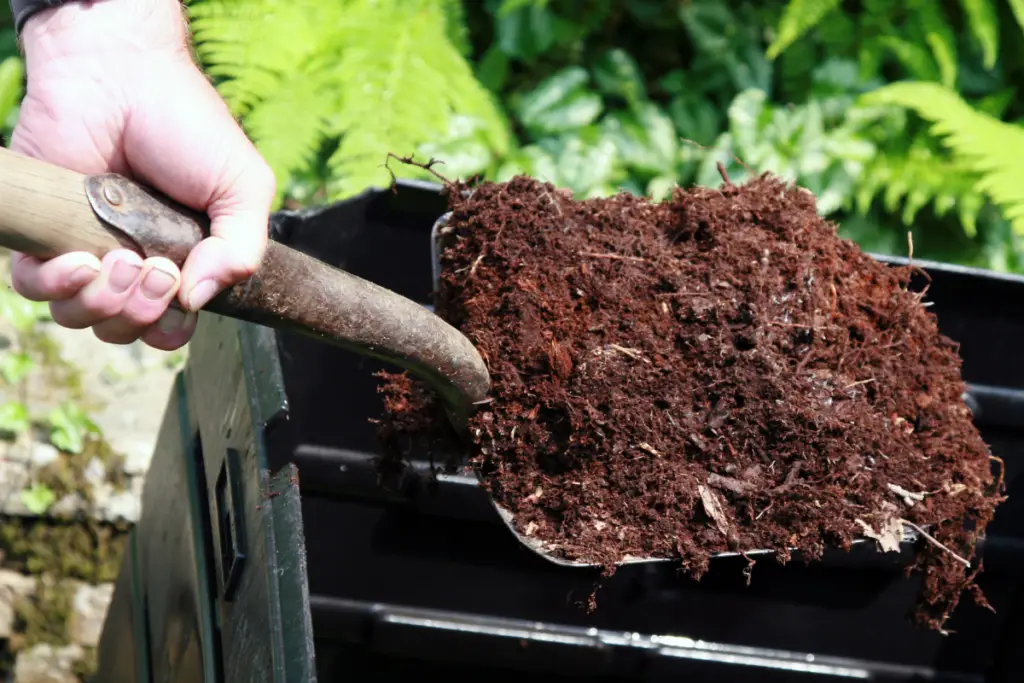
Table of Contents
1. Meat, Bones, and Dairy Products
Meat, bones, and dairy products should never be added to your compost pile. These materials attract unwanted pests such as rats, flies, and maggots.
Additionally, they take longer to break down and can cause unpleasant odors.
The decomposition of meat and dairy products can also produce harmful bacteria, which can contaminate the resulting soil and pose health risks to humans and animals.
2. Fats, Oils, and Grease
Fats, oils, and grease should also be avoided in composting. These materials can become rancid and produce unpleasant odors.
They can also attract pests and slow down the composting process.
Additionally, adding fats, oils, and grease to your compost can make it difficult to maintain the proper balance of carbon and nitrogen, which is essential for healthy compost.
3. Diseased Plants and Weeds with Seeds
Diseased plants and weeds with seeds should be kept out of your compost pile. These materials can spread plant diseases and weed seeds, which can then grow in your garden.
Additionally, if your compost pile does not get hot enough to kill off these pathogens, they can survive in the resulting soil and pose a risk to future plants.
4. Pet Waste and Litter
Pet waste and litter should never be added to your compost pile.
These materials can contain harmful bacteria and parasites, such as E. coli and salmonella, which can contaminate the resulting soil and pose health risks to humans and animals.
Additionally, pet waste and litter can attract pests and produce unpleasant odors.
5. Synthetic Chemicals and Materials
Synthetic chemicals and materials should also be avoided in composting. These materials can contain harmful substances that can contaminate the resulting soil and harm plants and animals.
Examples of materials to avoid include plastics, synthetic fabrics, treated wood, and chemically-treated paper products.
Can I add Eggshells to my compost pile?
Yes, eggshells are a great source of calcium and can be added to your compost pile.
Can I compost paper towels and napkins?
Yes, as long as they are not chemically treated or have any food residue on them.
Can I add Coffee Grounds to my compost pile?
Yes, coffee grounds are an excellent source of nitrogen and can be added to your compost pile.
Can I add pine needles to my compost pile?
Yes, pine needles can be added to your compost pile, but they are acidic, so it’s best to mix them with other materials to balance the pH levels.
Conclusion
In conclusion, composting is a fantastic way to recycle organic waste and produce nutrient-rich soil for your garden.
However, it is important to avoid certain materials that can harm the composting process, attract pests, or contaminate the resulting soil.
By following the guidelines outlined in this article, you can ensure that your compost is healthy and safe for both you and the environment.
- How to Build a Planter Box for Bamboo: A Step-by-Step Guide
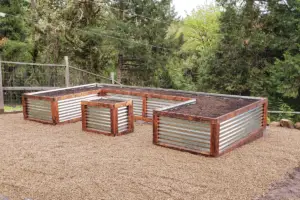
- Can Robotic Lawnmowers Handle Steep Slopes?
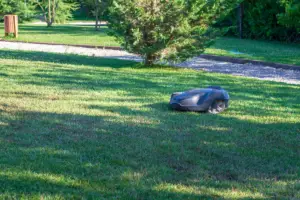
- Do You Need a Specific Lawn for a Robotic Lawnmower? Expert Advice
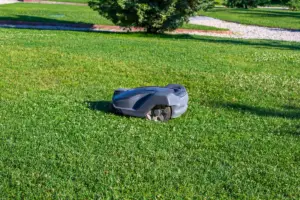
- Are Robotic Lawnmowers Safe for Pets and Children? Safety Features of Robotic Lawnmowers
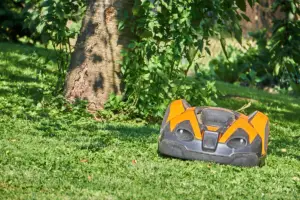
- Why Use Robotic Lawnmowers? Advantages of Using a Robotic Lawnmower
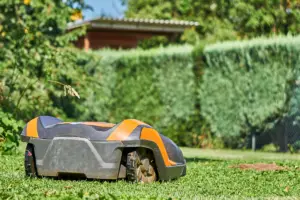
- Is the GARDENA SILENO City 300 Cordless or Corded? A Clear Answer
